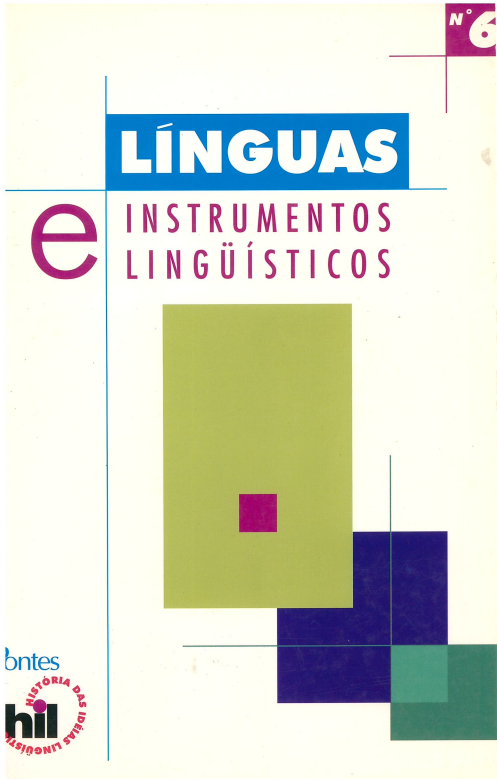Abstract
Even in informal observation of contact relationships between Brazilians and Germans, the difference in time management that guides the subjects is notorious . This difference can cause problems, especially when the relations between the subjects are professional. For this reason, educational materials and company manuals that suggest behaviour patterns to their employees tend to approach the issue from the perspective that takes into account the opposition punctuality/lateness. The need to constantly focus on this aspect will be analysed here from a discursive perspective, which starts from the assumption that language is not transparent, that the subject is not the source of his saying (Pêcheux, 1975) and that there is not a unique sense for words. What exist are effects of meaning, obtained from gestures of interpretation (E. Orlandi, 1998) made by the subject. These gestures of interpretation are oriented from the historical memory of the subject, constituted by the discourse.
References
GUILHAUMOU, J. & MALDIDIER, D. "Da enunciação ao Acontecimento Discursivo em Análise do Discurso", em História e Sentido na lingua gem, Pontes, Campinas (1989) pp 61-70.
GUIMARÃES, E. Os limites do sentido, Pontes, Campinas (1995). GUIMARÃES, E. "O Político e os espaços de enunciação". ln mimeo. Campinas (2000).
HENRY, P. "Os fundamentos teóricos da Análise Automática do Discurso de Michel Pêcheux", (1969) (trad. Bethania S. Mariani), em Por uma Aná lise Automática do Discurso (F. Gadet & T. Hak org.). Editora da Unicamp, Campinas (1990).
HENRY, P. "A história não existe?", em Gestos de Leitura. Orlandi, E. (org.). Editora da Unicamp, Campinas, pp. 29-53 (1994) (trad. José Horta Nunes). LE GOFF, J. (1990) História e Memória (trad. Bernardo Leitão). 2. ed . Campinas, S.P.: Editora da Unicamp (1992).
ORLANDI, E. Terra à Vista, Campinas, Pontes (1990).
ORLANDI, E. " Auto ria e Interpretação", em Revista de Psicanálise PUC S.P (1995).
ORLANDI, E. "Dispositivos de Interpretação", em Interpretação. Vozes (1997).
PÊCHEUX, M. Semântica e Discurso. Uma crítica à afirmação do óbvio. Campinas, Editora da Unicamp, 1988 (1. Ed. 1975), (trad. E. Orlandi, L. Chacon, M. Corrêa e S. Serrani).
PÊCHEUX, M. & Fuchs, C. (1975) "A Propósito da Análise Automática do Discurso: Atualização e Perspectivas" (trad. Péricles Cunha ), em Por uma Análise Automática do Discurso (F. Gadet & T. Hak, org.. Campi nas, Editora Unicamp (1990).
PÊCHEUX, M. (1983) "A Análise do Discurso: Três épocas" (trad. Jonas de A . Romualdo), em Por uma Análise Automática do Discurso (F. Gadet & T. Hak). Campinas, Editora da Unicamp, (1990) .
PESSANHA, J. A. M. "O Sono e a Vigília", em Tempo e História. Companhia das Letras, SP, 1992 , pp 33-56.
WHITROW, G. J. O Tempo na História (trad. M. Luiza X. de A. Borges 1993).

This work is licensed under a Creative Commons Attribution-NonCommercial-ShareAlike 4.0 International License.
Copyright (c) 2000 Línguas e Instrumentos Línguísticos

